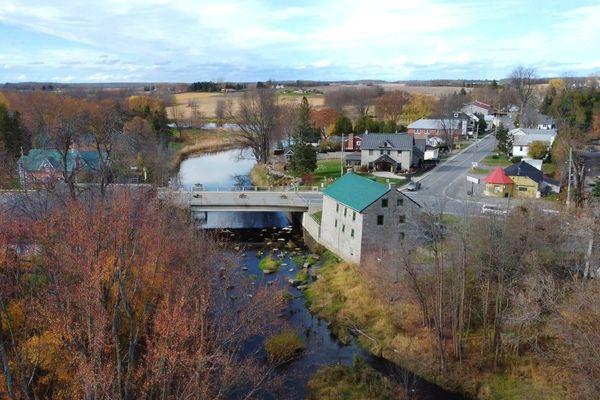November 7, 2022

Conservation Authorities ensure development is safe and sustainable by protecting natural resources, and people and property from natural hazards, such as flooding.
On October 25, the provincial government released a series of proposed legislative changes under Bill 23, More Homes Built Faster Act, 2022 to address the housing supply in Ontario. Many of the proposed changes impact Ontario’s 36 Conservation Authorities.
The Province proposes to prevent municipalities from entering into agreements with Conservation Authorities to provide an environmental review of planning applications on their behalf, exempt development in select municipalities from permits that protect people and property from natural hazards (e.g. flooding, erosion), remove ‘conservation of lands’ and ‘pollution’ as considerations in permit decisions, freeze development fees, change the evaluation and protection criteria for Provincially Significant Wetlands and require Conservation Authorities to identify conservation lands suitable for development.
Although Conservation Authorities are committed to doing their part to support the province’s target to build 1.5 million new homes by 2032, it should not, however, come at the expense of protecting people and their properties from natural hazards or protecting natural infrastructure, such as wetlands, which reduce these risks.
“Conservation Authorities are not a barrier to growth, committing to timely reviews while ensuring people, their property and the environment are protected,” explains Richard Pilon, Raisin Region Conservation Authority’s (RRCA) General Manager. Conservation Authorities have worked closely with local municipalities to reduce barriers to development and provide an efficient, streamlined service to municipalities, communities, residents and developers.
“Through agreements with municipalities, Conservation Authorities are a cost-effective solution to safe and sustainable development as they provide environmental services to several municipalities simultaneously while considering a watershed-based approach to land use planning decisions,” says Martin Lang, South Glengarry Deputy Mayor-elect and RRCA Board of Directors Chair.
Further dialogue is needed to ensure the legislative changes support our environment and the health and safety of Ontarians. The Conservation Authority watershed-based approach is recognized globally as the best management unit for balancing competing interests and impacts on natural resources. When downloading these kinds of responsibilities to municipalities, careful consideration must be given to how development in one jurisdiction can impact neighbouring or downstream municipalities.
For more information, contact Richard Pilon, RRCA General Manager at Richard.Pilon@rrca.on.ca or (613) 938-3611 ext. 222.
